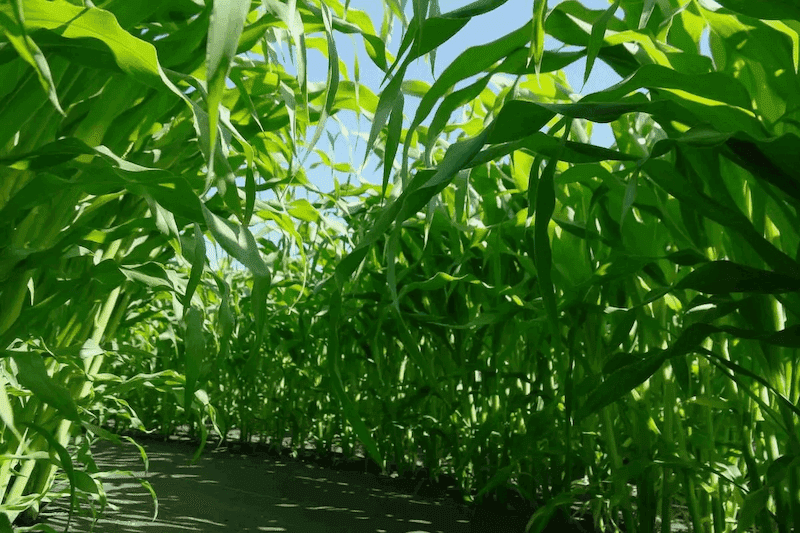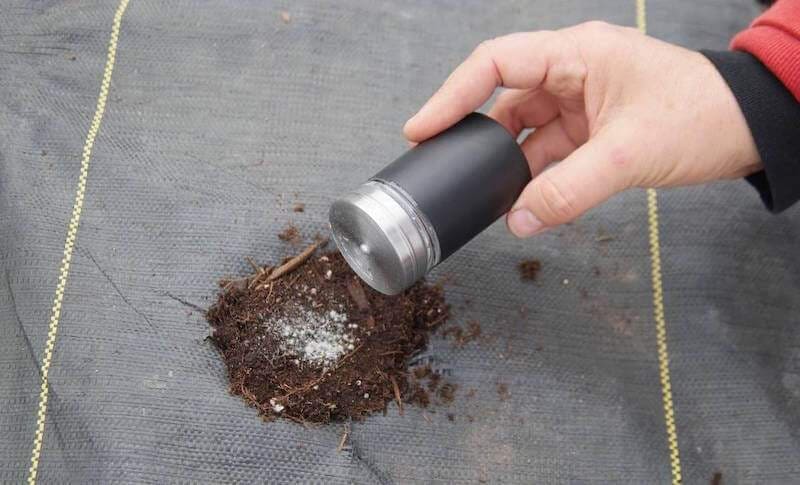
Modern farming methods have stripped nutrients from the soil. More than 90% of the vegetables we eat are significantly deficient in important vitamins and minerals; no matter how freshly picked they are, and it gets worse. Once harvested, vegetables steadily lose what nutrient they have by the hour. After a week they retain just 10% of their nutrition at best. Feeding the soil with natural fertilizers helps but most fertilizer and compost mixes lack mineral trace elements, which give vegetables their great taste.

Crop Circle Fertilizer ® contains important fertilizing compounds including 18 essential minerals:

Farmers have two options for fertilizing plants: natural and artificial. Both can be applied as a granulated solid or dissolved liquid. Man-made fertilizers are generally recognized as bad for the environment killing both above and below ground life from repeated applications, which over time create almost irrecoverable open field “dead” zones. They also leach into the water supply gradually reducing “fresh water” viability. In the ocean, man-made fertilizers are slowly killing coral reefs in the Caribbean and elsewhere in the world.
A significant feature of a Crop Circle farm is its use of very little fertilizer, which given the current lack of supply and increased cost of artificial fertilizers point to the practical use of locally sourced natural fertilizers, which do not pollute the environment.
As an additive, Crop Circle Fertilizer ® is best utilized mixed into a composted mix of aged animal manure and plant matter. It provides trace amounts of minerals essential for optimum plant health and great tasting vegetables.
Alternatively, Crop Circle Fertilizer can be applied topically around plants and covered with about a half inch of soil.